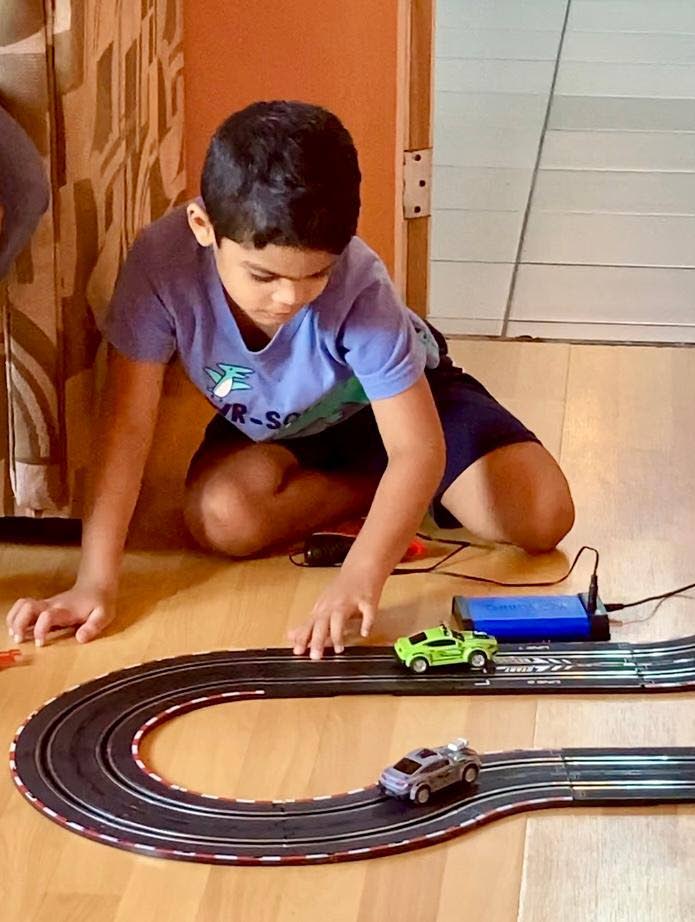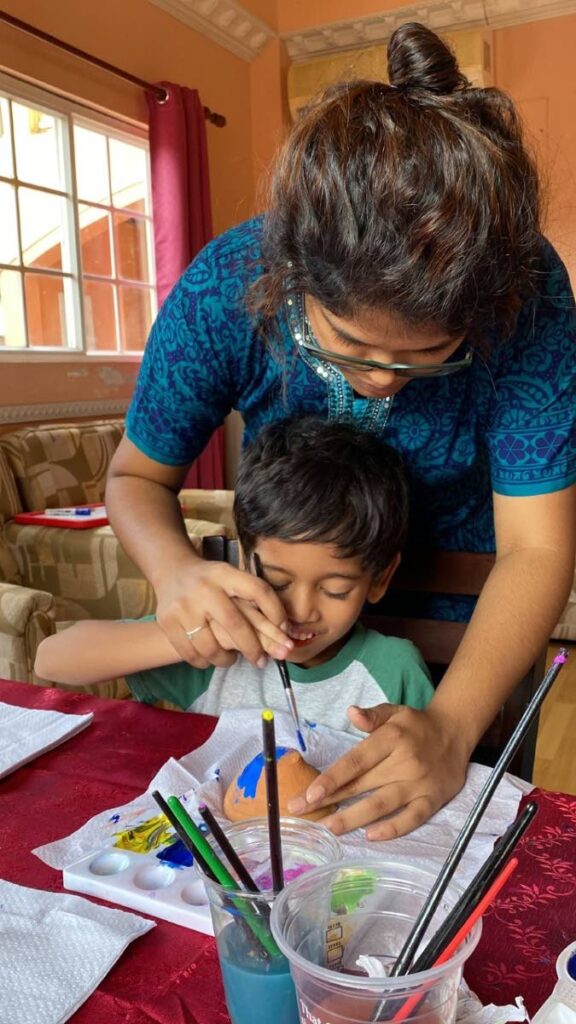Believe in your child

DR RADICA MAHASE
Author Marci Lebowitz, who is an occupational therapist and autism specialist, working with parents of children who are non-verbal, stated, “…how incredibly intuitive and sensitive these autistic children really are. When one is not-so-verbal, the brain starts to rewire and amplify other senses to help them make sense of things. In this case their intuition for knowing what people are thinking and feeling. I have been astounded over the years by how much the caregiver’s belief or disbelief affects these children.”
Generally, there is a tendency to underestimate people who are diagnosed with autism, especially those who are non-verbal. Many people believe that because they are not communicating verbally, that means that they don’t know what others are saying or they don’t understand things. People think that if they are in their own little space, if they prefer to be by themselves, then they don’t know what is happening around them. This is certainly not true. As Lebowitz noted, “They are exquisitely sensitive, perceptive, and instantly pick up on the thoughts and feelings of others. And do not be fooled if they seem to be ignoring you. I have found so many of these children who know exactly what is going on, yet don’t have the physical means to express or communicate that they do indeed understand you.”
That is why is it so important for parents/caregivers to believe in their child. What does believing in your child mean? According to one author, “Believing is an experience that leaves a child feeling confident in who he is and what he can do in spite of his challenges, handicaps, shortcomings, and genetics. Believing in a child-promotes the idea that each child inherently has within them, all the gifts and talents to accomplish what they were born to do. They just might need some help accessing it... that’s all.”
Believe in your child – from the time when you get a diagnosis and you hear that your child has autism. In the midst of thinking the worst things possible, of going through the whole process of grieving and worrying, don’t project your own insecurities on to your child. Instead of “how will I ever manage?” start thinking of what you can do to help your child. Believe that your child has the potential to learn and develop. Even when doctors and nurses tell you that you child might never be able to go to school or will never talk, believe that your child can learn and can communicate with you in some way. Have high expectations of your child and work towards helping your child to meet those expectations.

Believe in your child – when teachers/educators tell you that your child cannot learn or when the speech therapist tells you that your child will never speak. Know that your child can learn if he/she is taught in a way that is suitable and engaging. When your child is turned away from schools or you’re forced to take your child out of a school for whatever reasons, know that it’s not because your child cannot learn, it is because the system and the educators have it wrong and you just have to find other options because you know that your child can learn. Set goals and work with your child to accomplish those goals, one task at a time. Empower yourself so that you can empower your child.
Believe in your child – when he/she is going through the worst days possible, the days filled with meltdowns. Know that your child is capable and just needs some extra help to develop and grow. Understand what/who triggers your child’s meltdowns and how to help your child self-regulate and to cope in rougher situations. Spend time with your child, get to know and understand everything about your child so that you can help him/her through the times when the world becomes overwhelming and the meltdowns cannot be prevented.
Believe in your child – when everyone else is telling you something negative and when society says that your child has no place in this world, can’t contribute or will be a burden. Know that your child has strengths and has a role to play in this world. Focus on the strengths too, not only on the weaknesses. Give your child the extra attention he/she needs. Spend time with your child, even if it is to sit close by and watch him/her play in that little world. That extra hug and kiss and the love and care you show your child send positive messages to your child. Even when your child might not say, “I love you”, don’t stop believing in your child. Protect your child from negative comments from others, build up your child with positive words and actions and encourage your child to be creative and to develop his/her talent.
When parents believe in their children, they help them to build confidence and self-esteem. It will give them hope and the strength to try harder. It can make them feel they can do things that others don’t expect them to do; to raise their expectations of themselves. Believing in your child means that you have faith in him/her. In the words of Vicki Reece, “Believe in your children and they will believe in themselves too.” Believe in your child, autism and all.
Radica Mahase is the Founder/Director of Support Autism T&T

Comments
"Believe in your child"